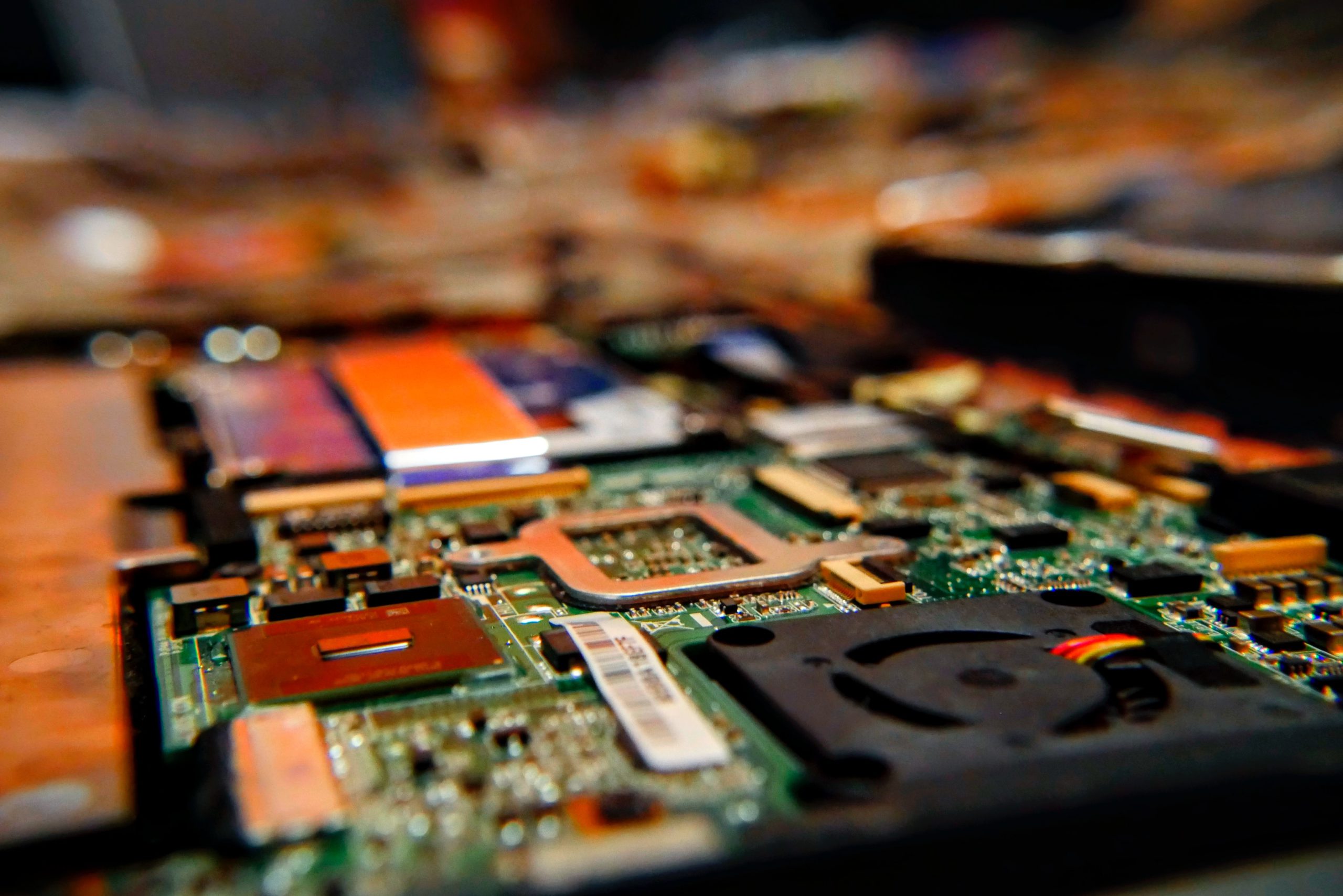The continuously growing production of short-life electronic equipment is resulting in a increasingly higher amount of waste. If we don’t handle correctly this waste, we could cause environmental pollution, endangering human health and causing socioeconomic problems.
Within the Newpack project – Development of new Competitive and Sustainable Bio-Based Plastics (BBI – Horizon 2020), Proplast has supported University of Oulu in Finland (Microelectronics research unit, Faculty of information technology and electrical engineering) and other partners in the development of innovative environmental friendly electronic devices, based on the use of biopolymers as substrate. The work carried out was recently published in the Applied Materials & Interfaces journal (ACS publication) with the title “Bioplastics and sustainable carbon-based materials, components and devices: towards green electronics”.
Proplast was involved in the production of PLA-PHB compounds, with and without the use of plasticizers, and the related blown film. These films were sent to the University of Oulu, which was in charge of the manufacturing of the electronic devices and their validation. The PLA-PHB films underwent a plasma treatment, which allowed the deposition of carbon nanotubes from an aqueous solution and inkjet printing to create conductive patterns, even with metallic inks. The films showed good results, comparable to those obtained from normal substrates such as glass, alumina and silica. In addition, a PLA compound with pyrolyzed lignin and carbon nanotubes was made which showed good shielding properties from electromagnetic interference.
Although there is still a gap to be filled, in terms of thermal stability between the technical requirements and the available properties, the results obtained in this study already show the possibility of making electronic devices and components with biobased and biodegradable polymers. These materials will contribute to the manufacture of more sustainable electronic products.
Alice Bettozzi
